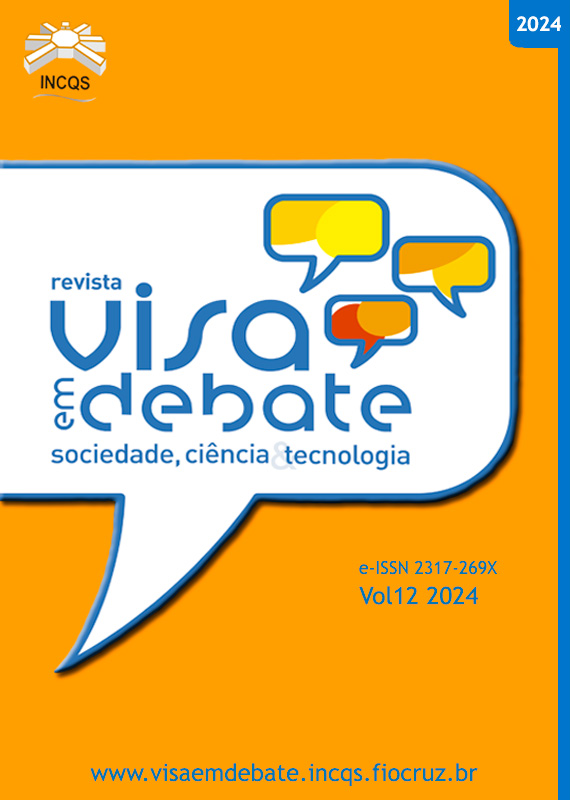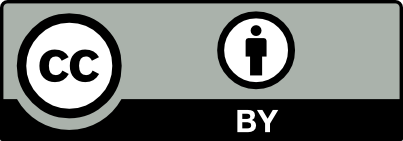Contributions to evaluation of regulatory processes: the case of electronic cigarettes in Brazil
Vigil Sanit Debate, Rio de Janeiro, 2024, v.12: e02213 | Published on: 20/02/2024
DOI:
https://doi.org/10.22239/2317-269x.02213Keywords:
Health Regulatory Processes Evaluation, Health Care Coordination and Monitoring, Electronic Nicotine Delivery Systems, Brazilian Health Surveillance AgencyAbstract
Introduction: The Electronic Nicotine Delivery Systems, represented by electronic cigarettes (e-cigarettes), are object of a global dispute in public health. In Brazil, they are forbidden but this interdiction is currently under a debate steered by the Brazilian Health Regulatory Agency (ANVISA, by its acronym in Portuguese). Objective: Characterize the regulatory model of ANVISA, in the case of e-cigarettes, and debate its implications for evaluations that have the regulatory process as object. Method: The documental research supported the timeline construction entailing publications about the regulatory process in ANVISA’s website, from 2009 to 2023. Results: The timeline presents the critical events that lead to consequences and reconfiguration of the analyzed process. Besides 31 news stories, 10 normative and non-normative publications compose the process. 2019 was the year with most publications, followed by 2022 and 2018. The Resolution of the Collegiate Board (RDC, by its acronym in Portuguese) n° 46/2009 was the first ANVISA opinion, prohibited the commerce, import and marketing of the devices. In 2019, the topic was included in the Regulatory Agenda based on a new regulatory model that promoted social participation. During the regulatory process, diverse stakeholders took their stances around the RDC, and started to signal a flexible opinion in face of new evidence. Conclusions: The Brazilian case, which includes diverse stakeholders and interests, contributes to the identification of approaches that allow exploring the regulatory processes as evaluation objects, re-signifying as a devices network that emerge from strategic crises.
Downloads
Downloads
Published
Issue
Section
License
Copyright (c) 2024 Cesar Luiz Silva Junior, Elizabeth Moreira dos Santos, Gisela Cordeiro Pereira Cardoso (Autor)

This work is licensed under a Creative Commons Attribution 4.0 International License.
COPYRIGHT ALLOWANCE The author (s) hereinafter designated as the ASSIGNOR hereby assign and transfer, free of charge, the ownership of the copyrights related to this ARTICLE to the Vigilância Sanitária em Debate: Sociedade, Ciência & Tecnologia (Health Surveillance under Debate: Society, Science & Technology) – Visa em Debate, represented by FUNDAÇÃO OSWALDO CRUZ, established at Av. Brasil, nº 4365, Manguinhos, Rio de Janeiro, RJ, Brazil, CEP 21045-900, under the conditions set out below: (a) The terms and conditions set forth in this Agreement shall apply to the following: 1. The ASSIGNOR declares that they s(he) is (are) the author (s) and owner (s) of the copyrighted property of the ARTICLE submitted. 2. The ASSIGNOR declares that the ARTICLE does not infringe the copyrights and / or other property rights of third parties, that the disclosure of images (if any) has been authorized and that they s(he) assume(s) full moral and / or property liability for its content, before third parties. 3. THE ASSIGNOR assigns and transfers all copyrights relating to the ARTICLE to the ASSIGNEE, especially the rights of editing, publication, translation into another language and reproduction by any process or technique. The ASSIGNEE becomes the exclusive owner of the rights related to the ARTICLE, and any reproduction, totally or partially, is prohibited in any other means of publicity, printed or electronic, without prior written authorization from the ASSIGNEE. 4. The assignment is free and, therefore, there will be no remuneration for the use of the ARTICLE by the ASSIGNEE.









